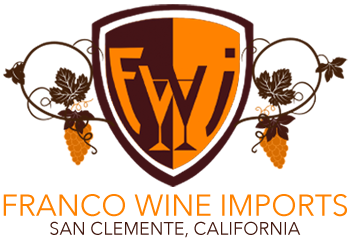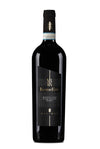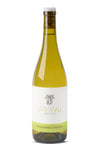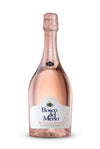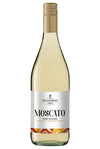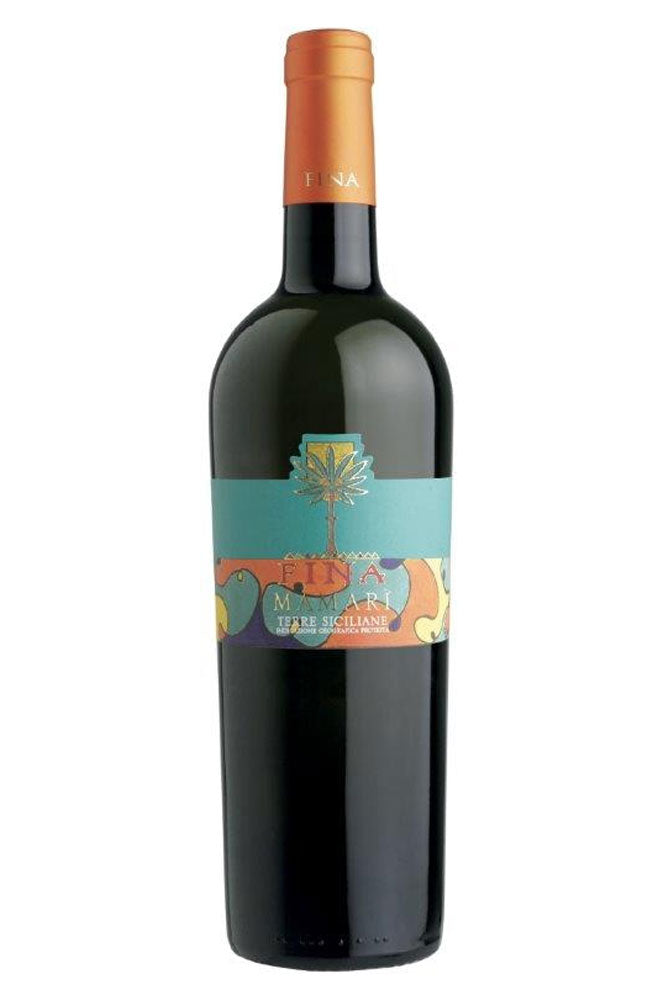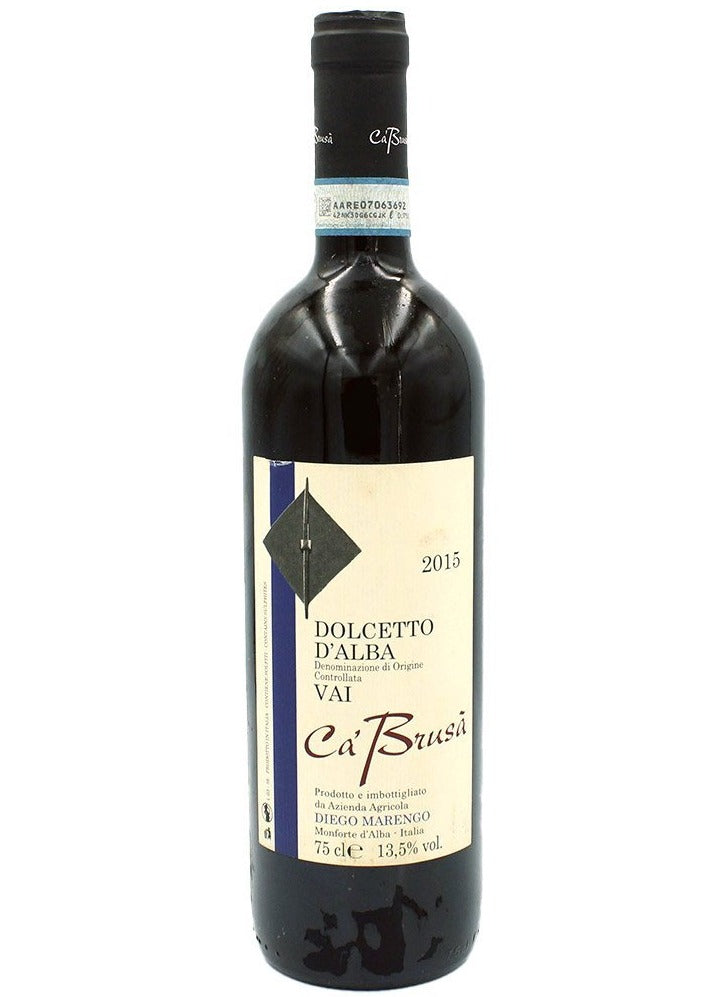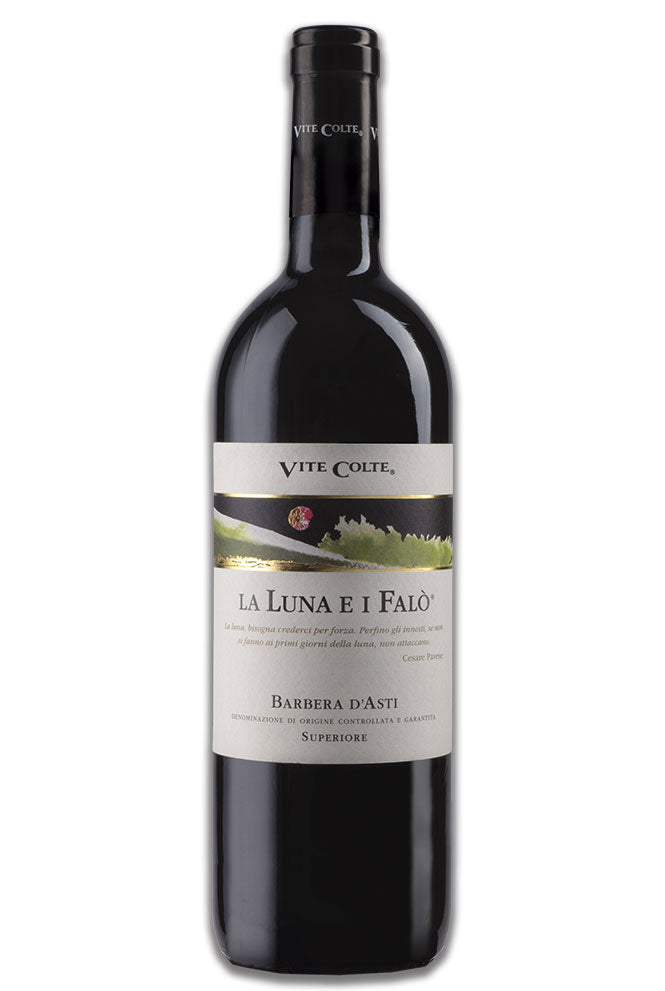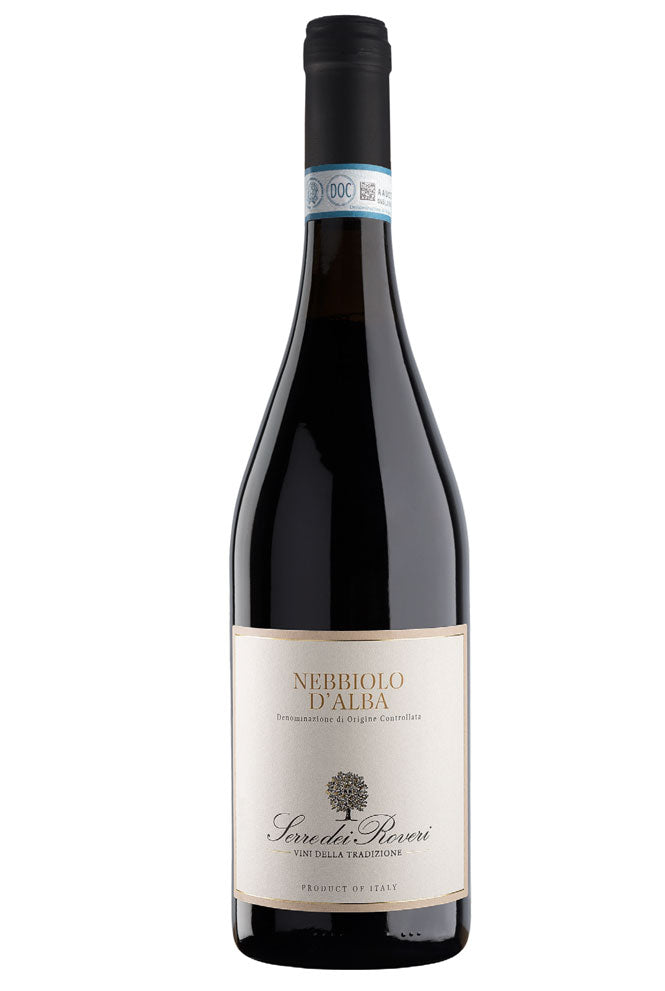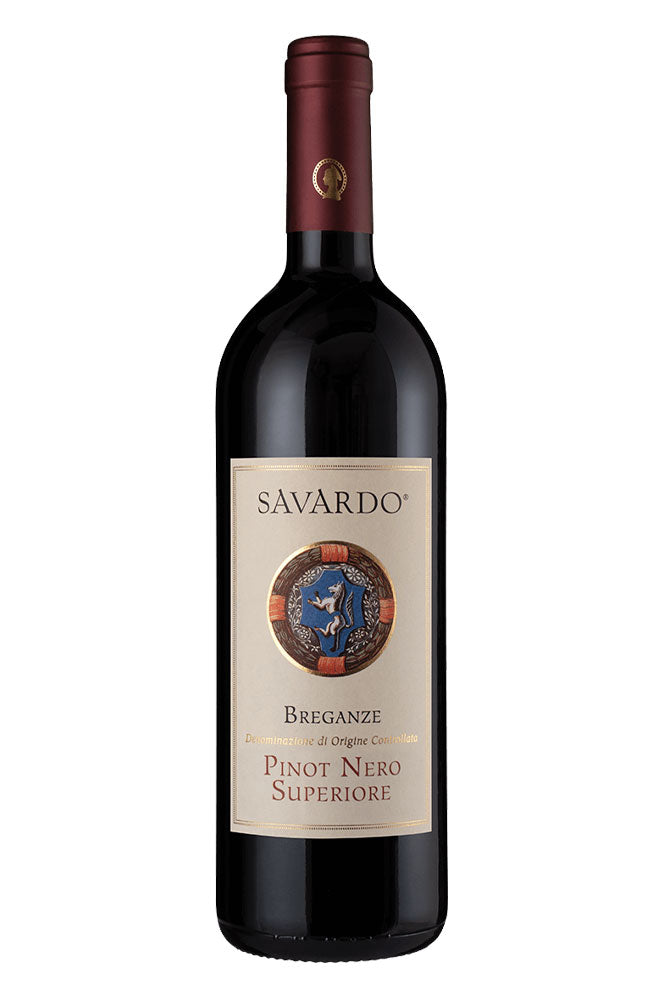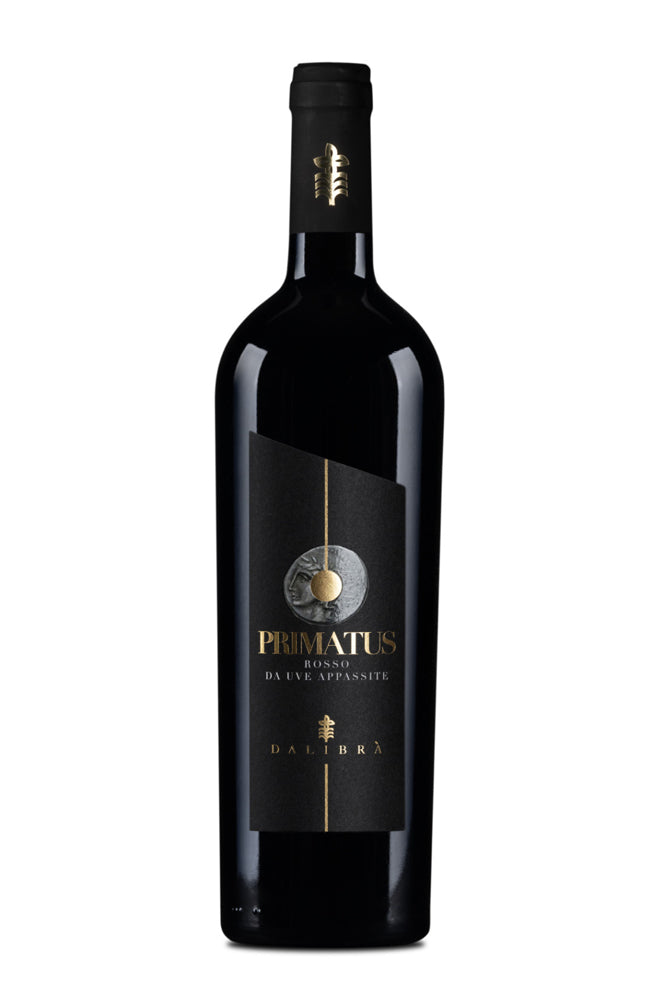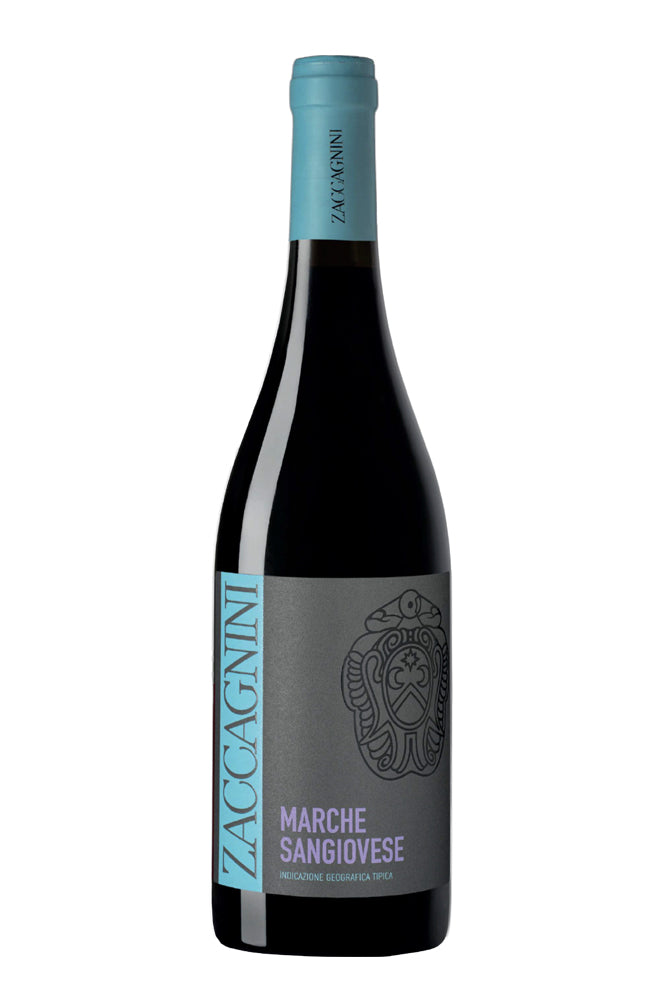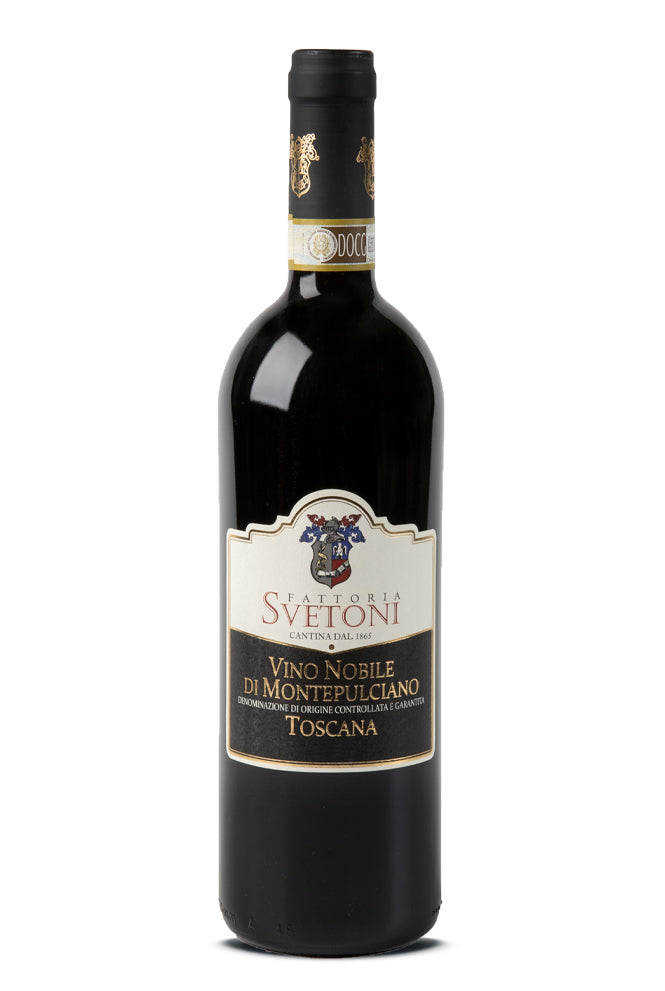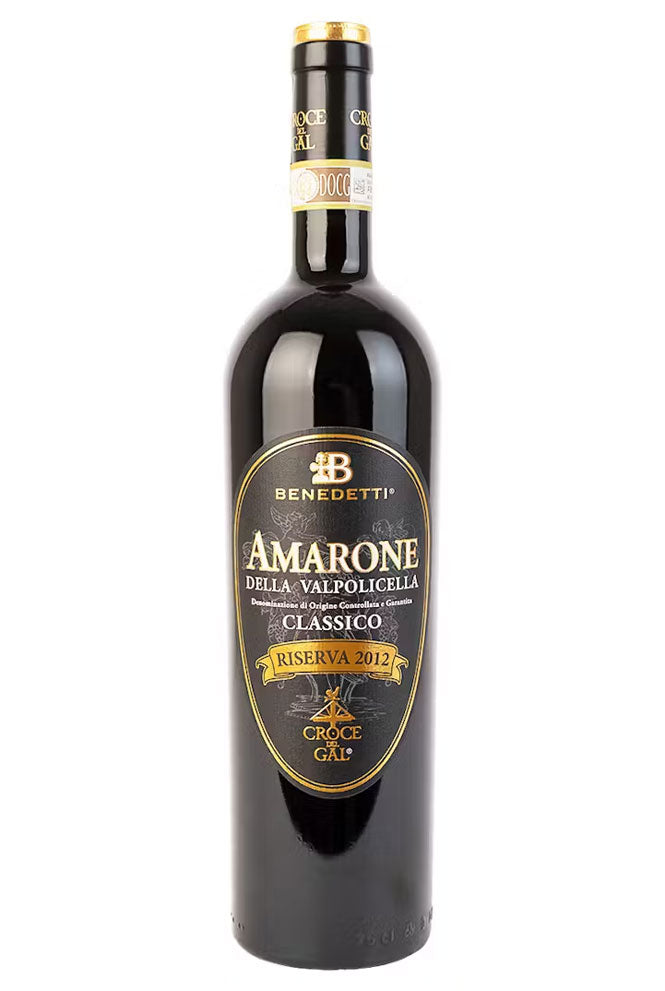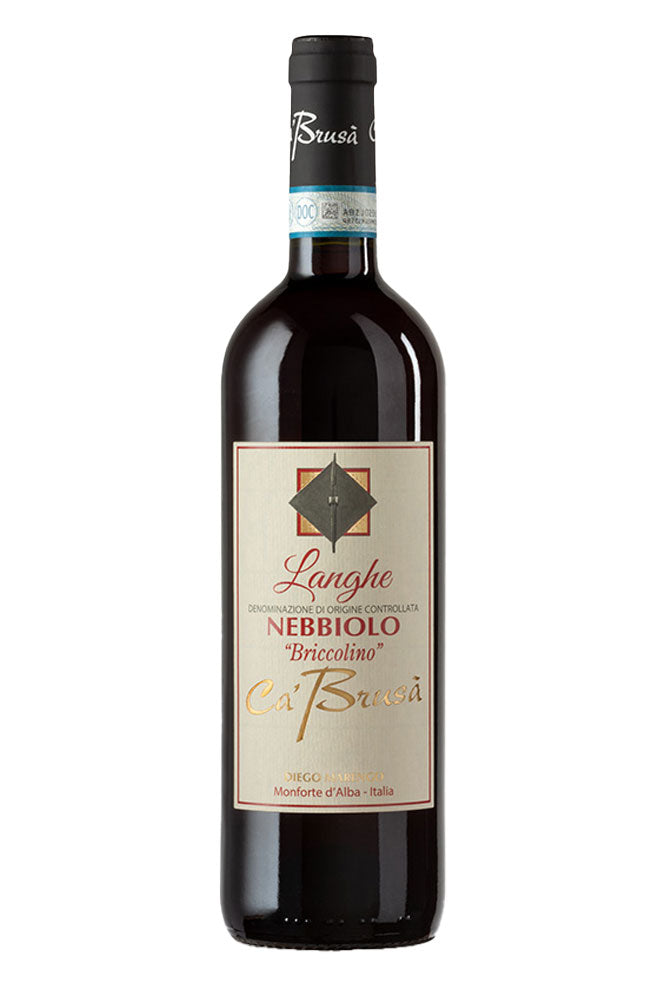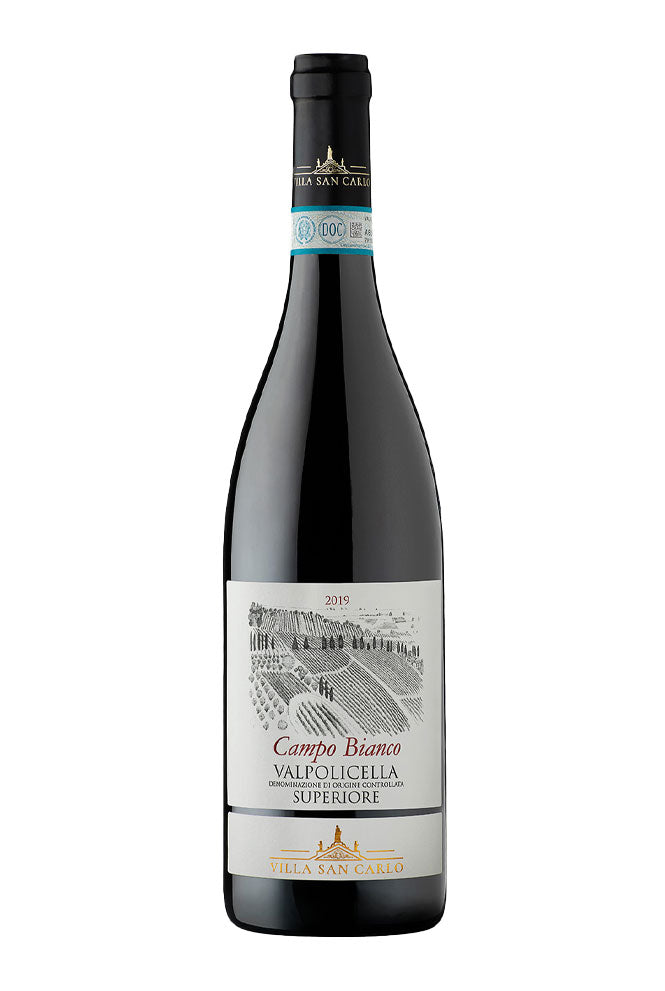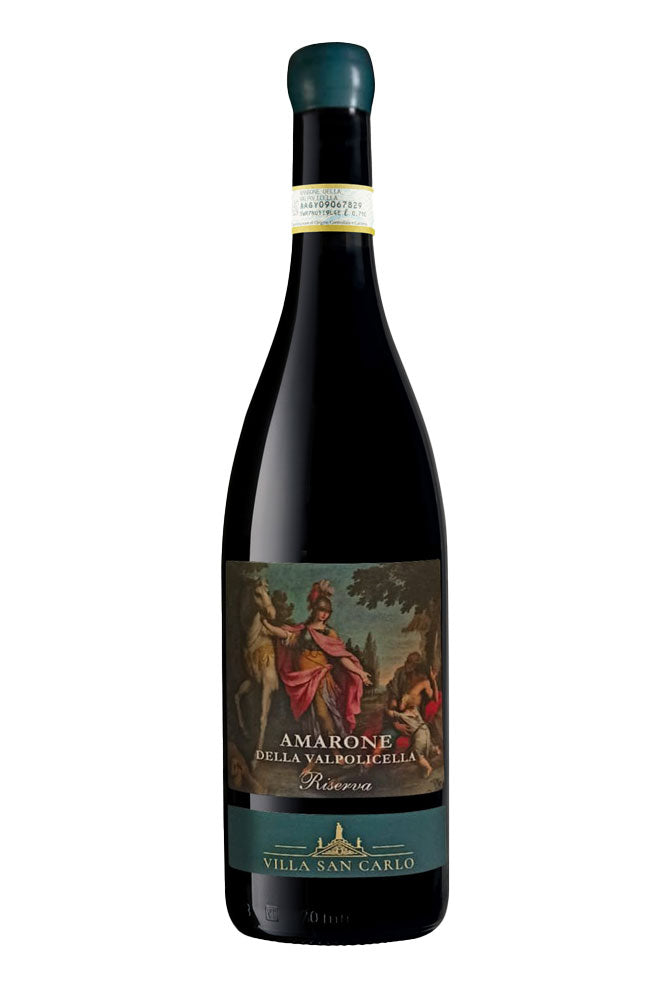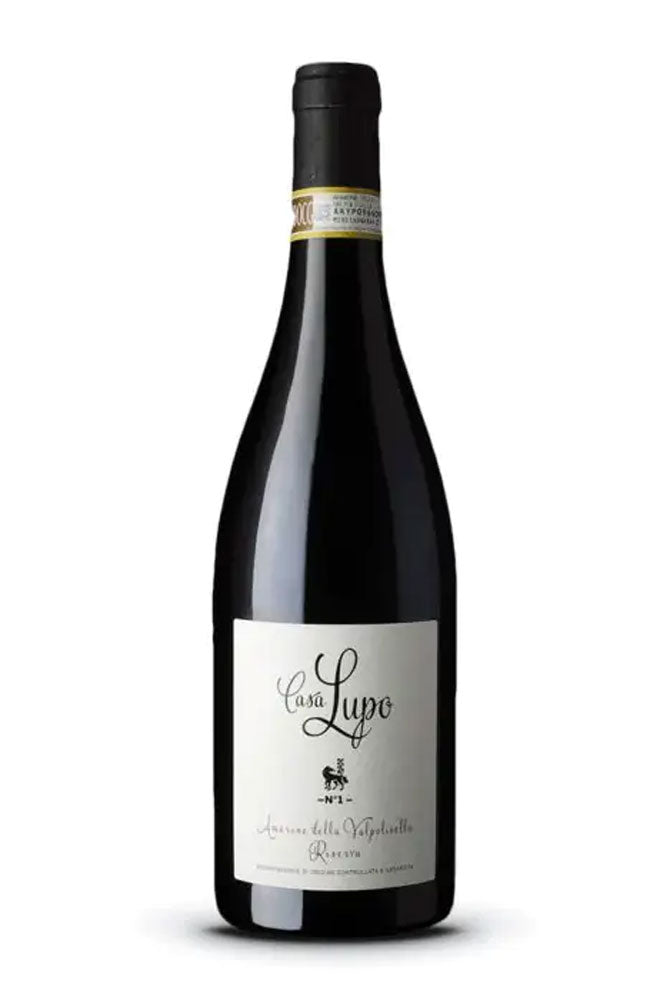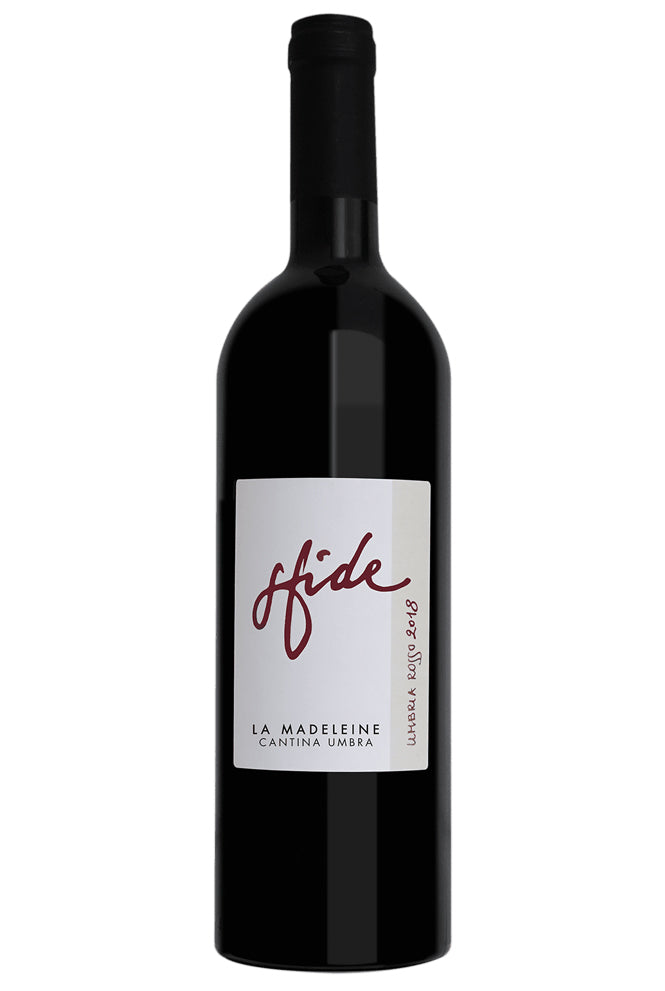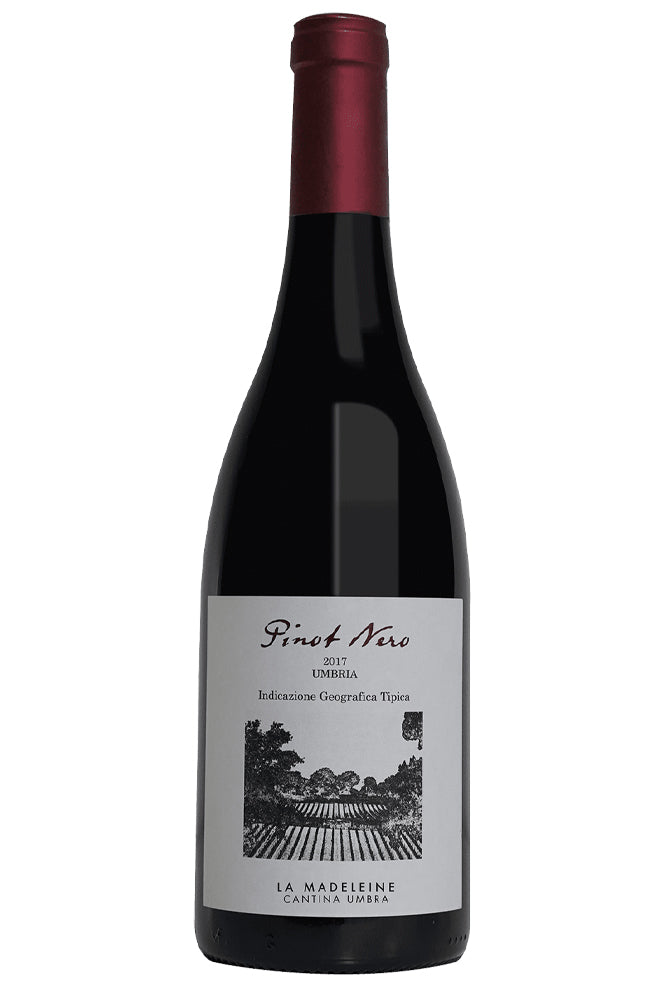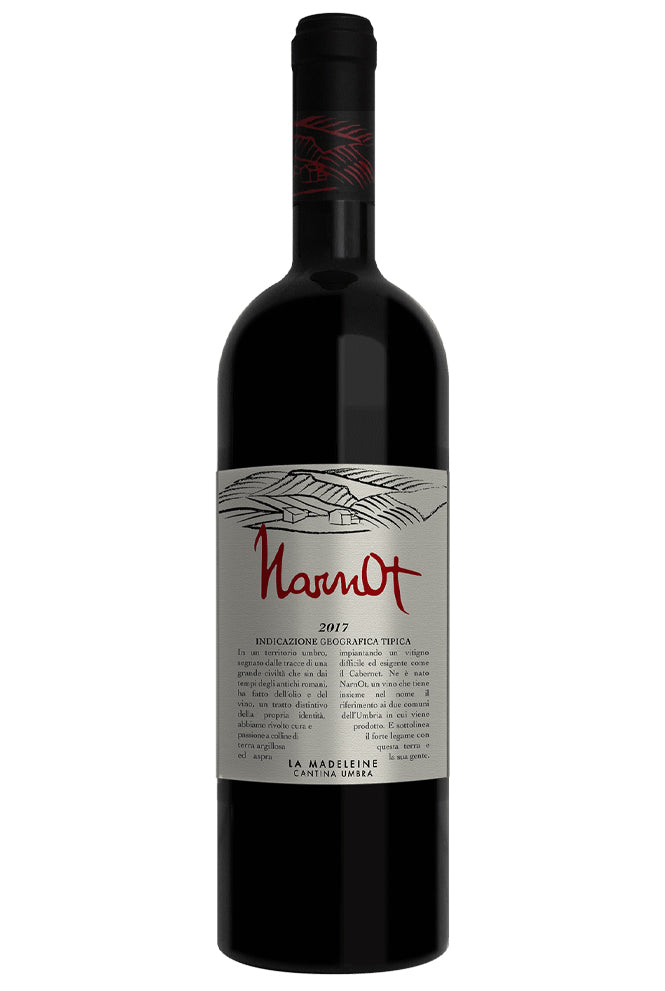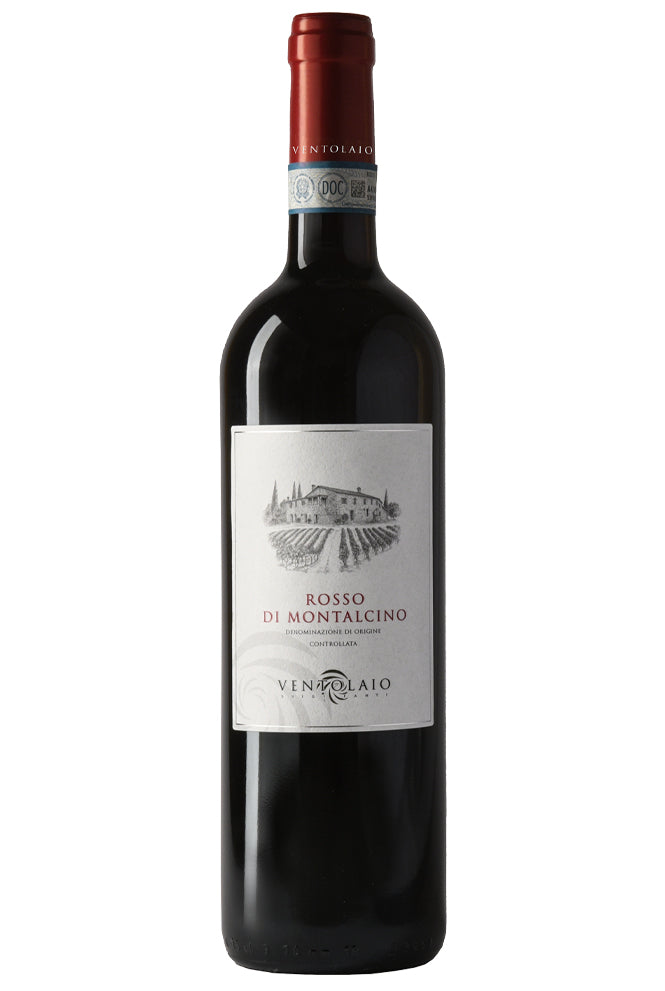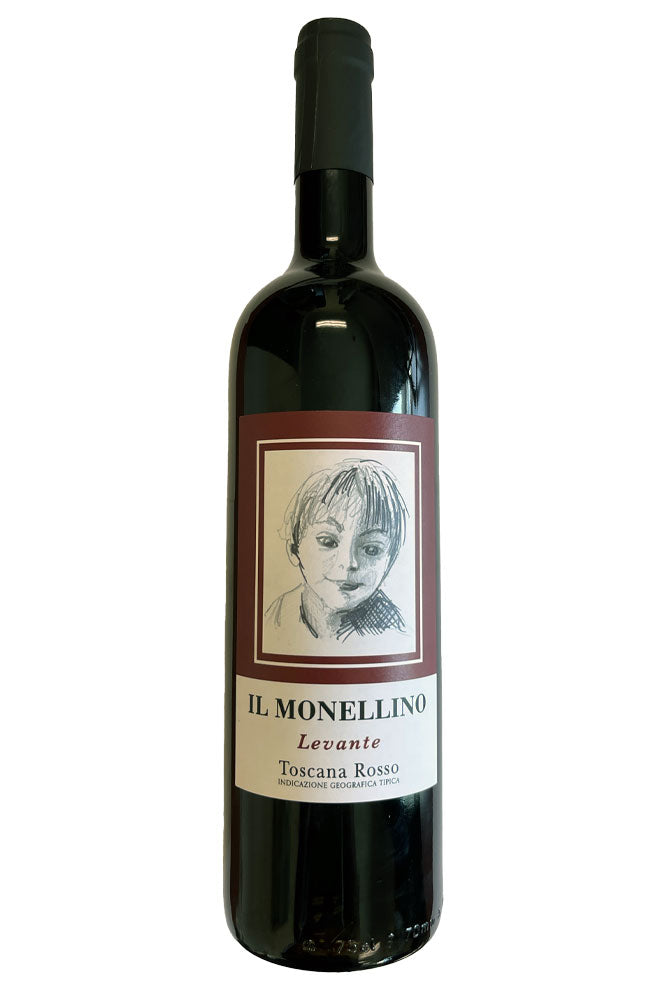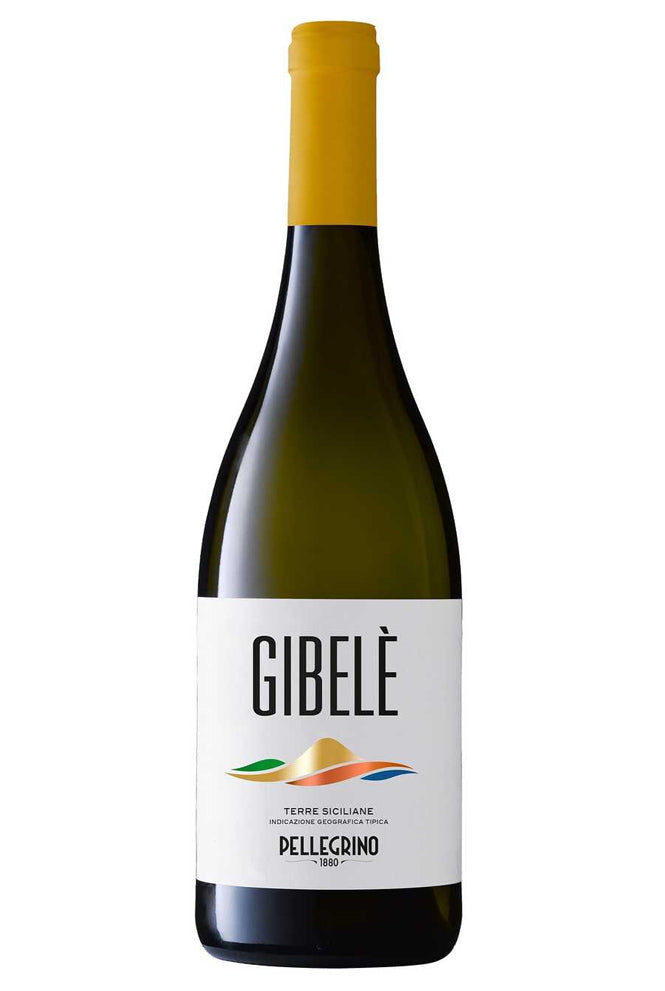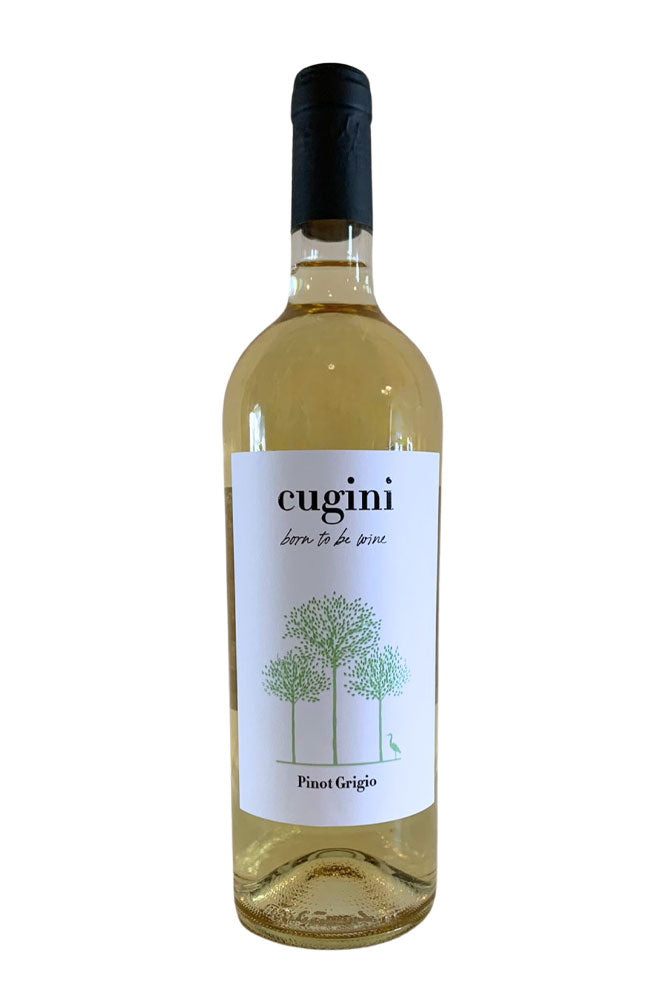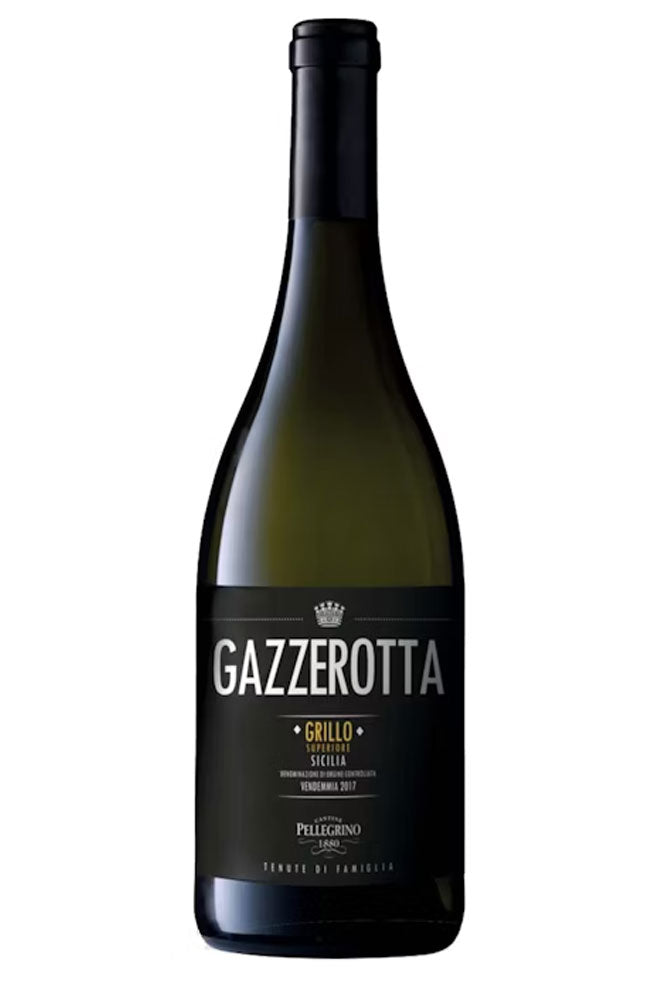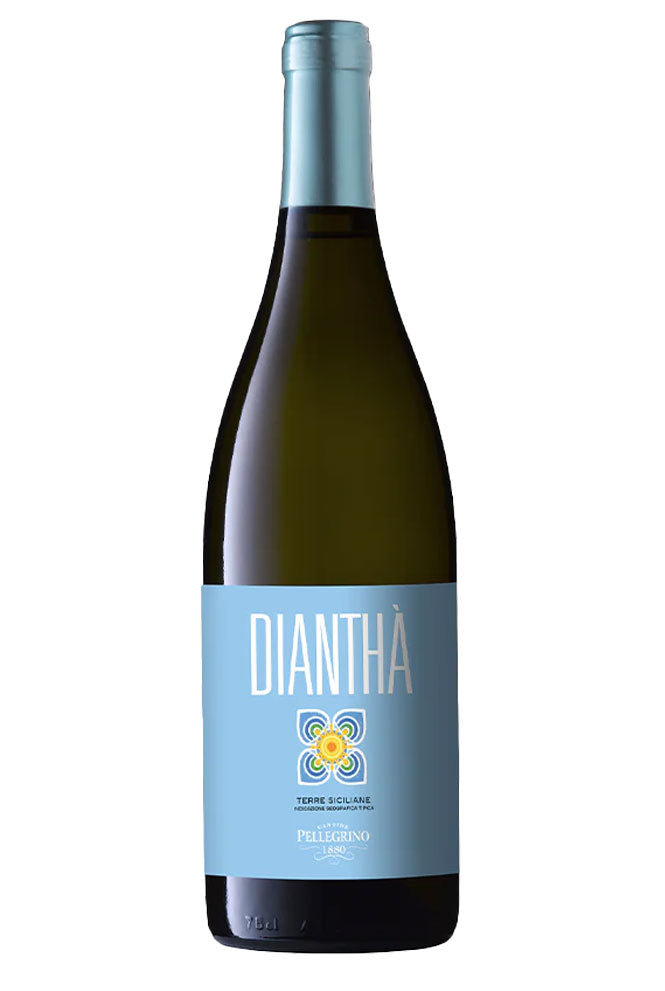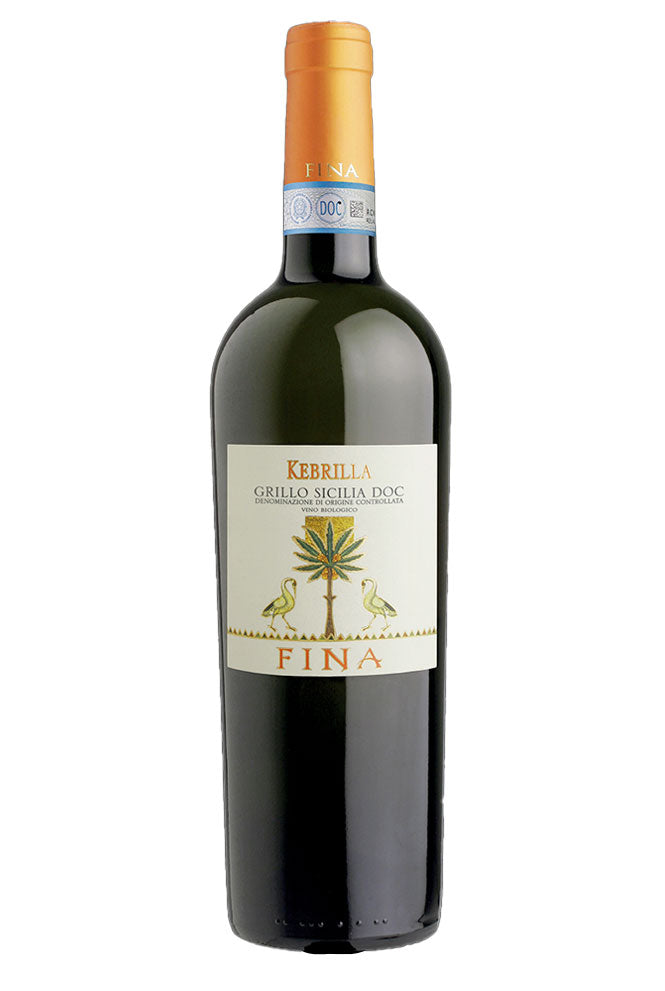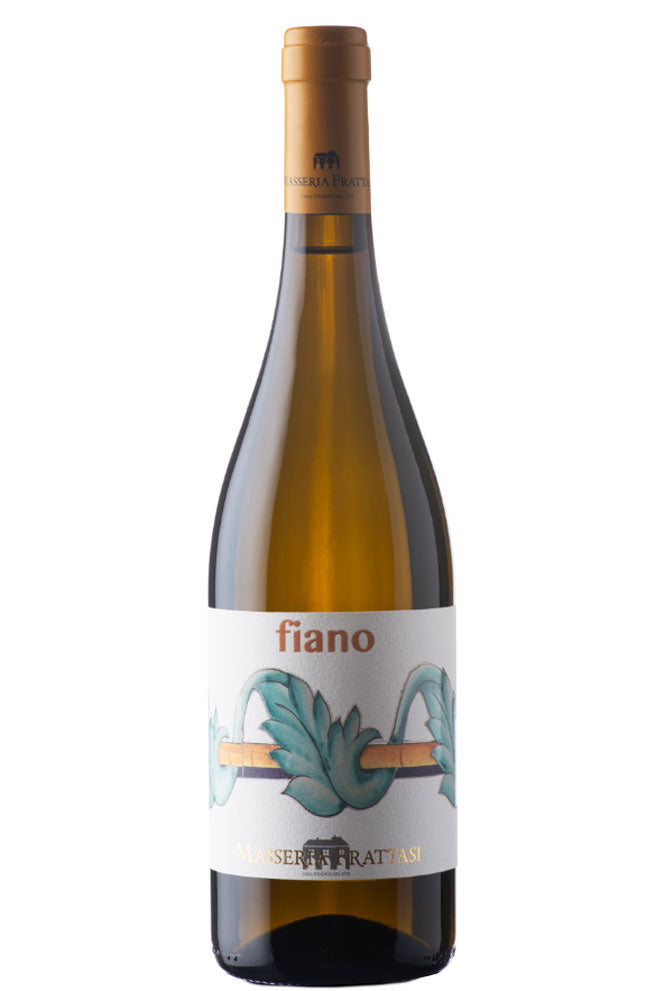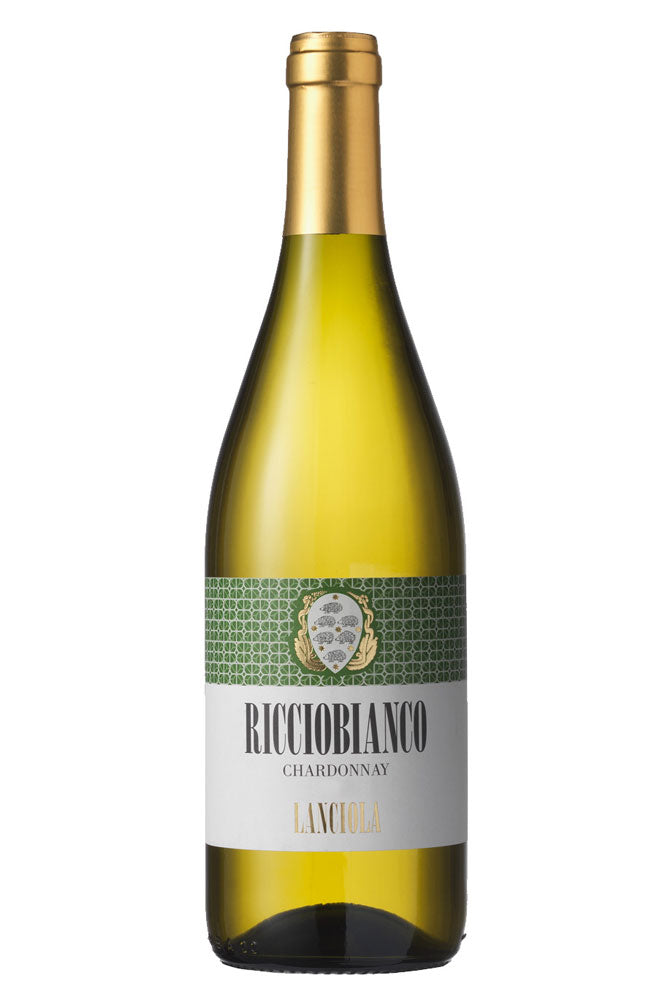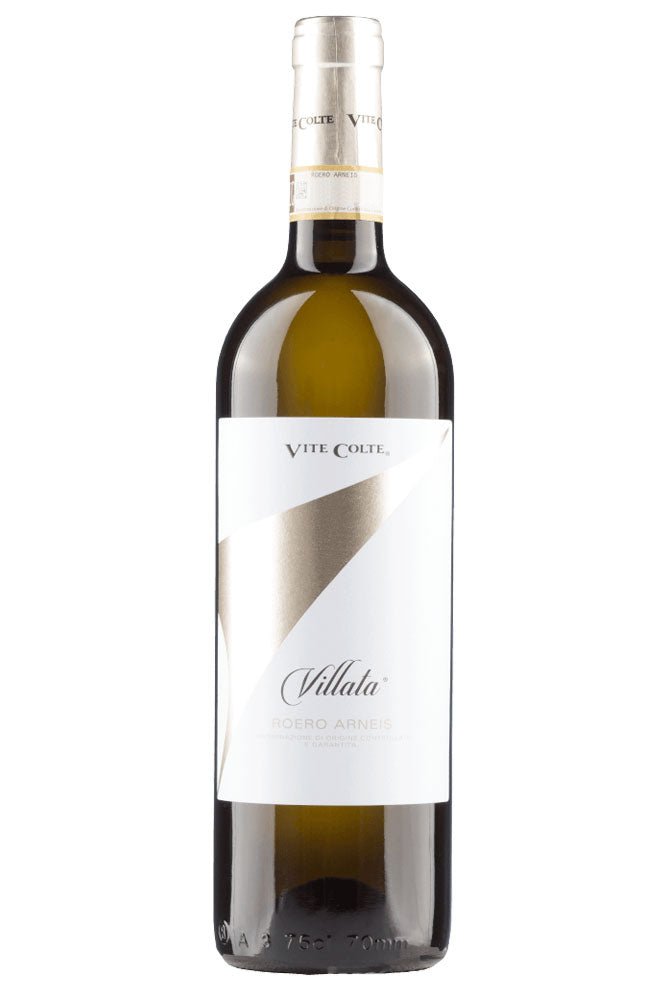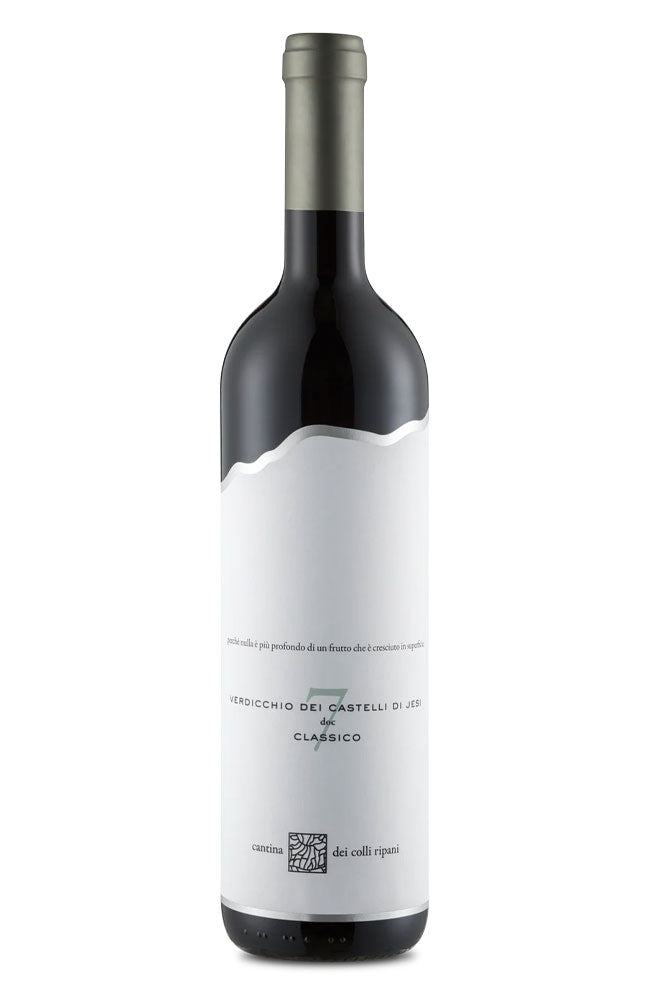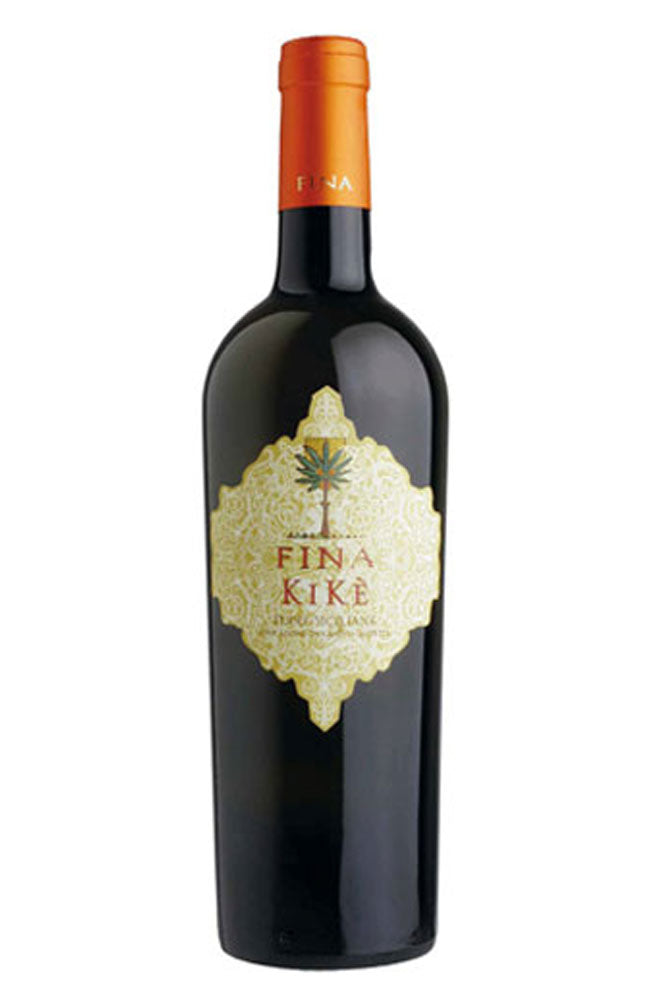Our Story: A Legacy of Italian Excellence
For over 30 years, Franco Wine Imports has been dedicated to bringing the finest Italian wines to California. What started as a passion for Italy’s rich winemaking traditions has evolved into a trusted source for small-batch, handcrafted wines from across the country.
Shop WinesSavor the Season with Italy’s Finest Wines
As the leaves turn and the air grows crisp, there's no better time to uncork the warmth of Italy. Discover our handpicked selection of Italian wines—from the bold, velvety reds of Tuscany perfect for hearty stews, to the bright, aromatic whites of Veneto ideal for cozy appetizers.
✨ Limited Fall Selection — Available While Supplies Last!
Shop the Collection Now and celebrate the season, Italian style. 🇮🇹
Cantine Fina
Ca Brusa
Nesci
Vite Colte
It Is Wine
Cantina Breganze
Our Curated Catalog of Wines
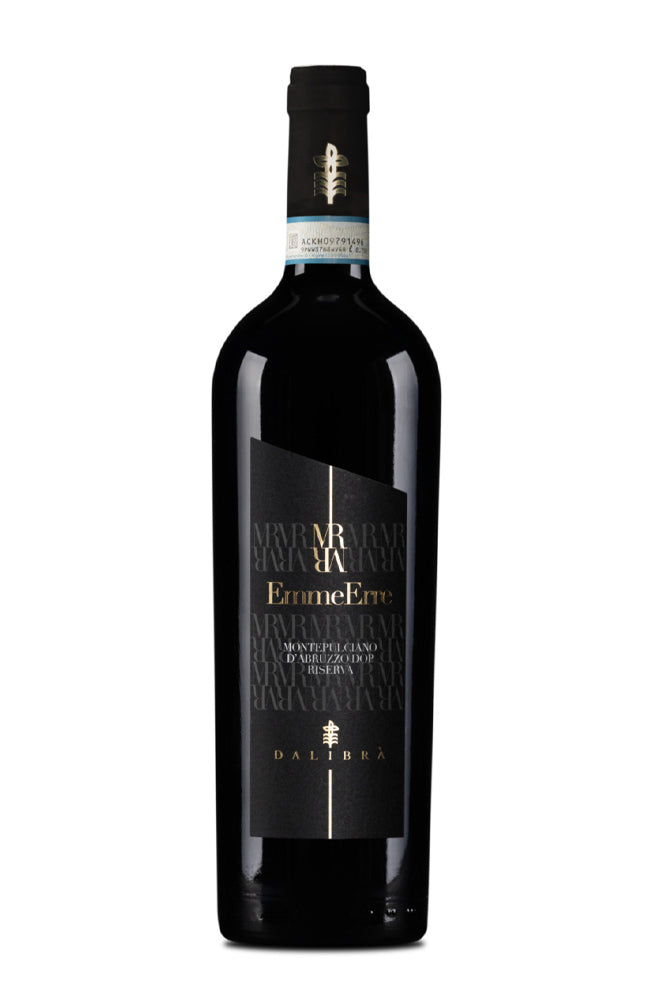
Red Wines
71 Items
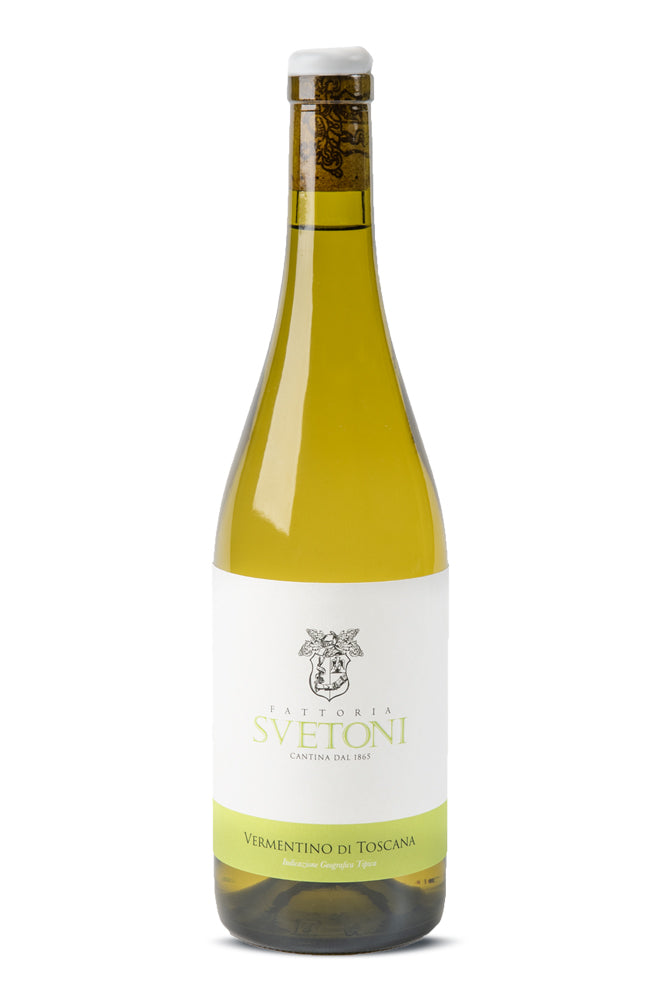
White Wines
19 Items
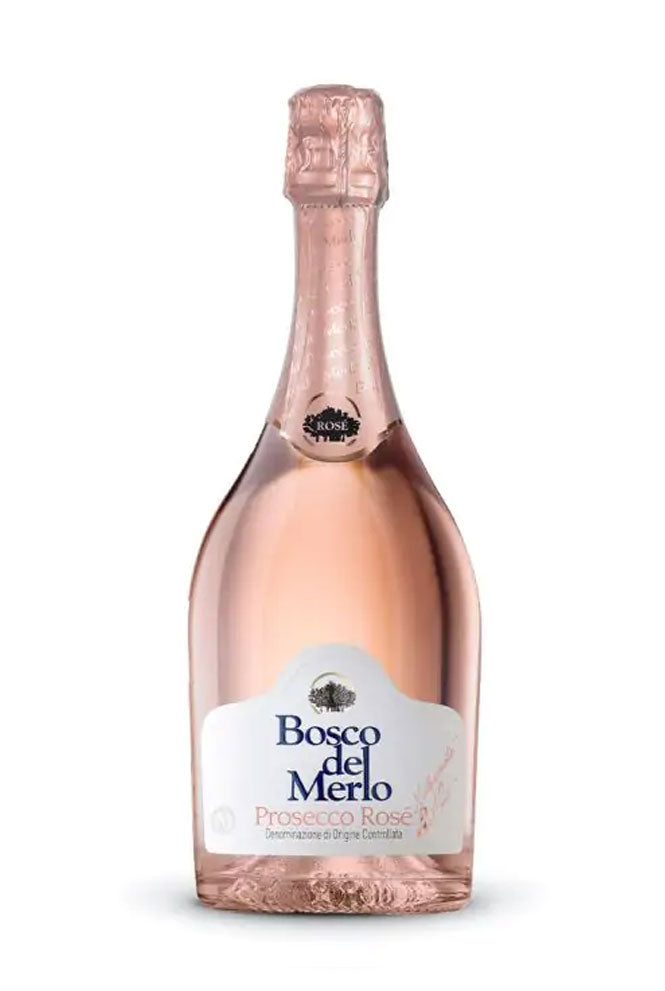
Sparkling Wines
10 Items
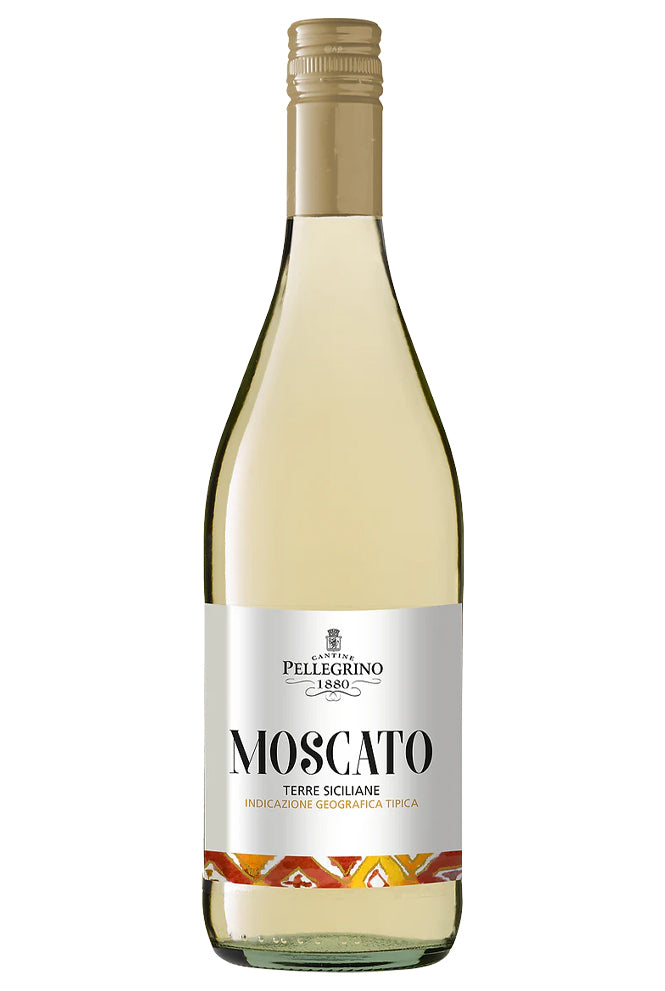
Dessert Wines
11 Items

Rose' Wines
5 Items
Celebrate Excellence: Premium Wines
Discover a selection of fine wines and sparkling elegance, including Ventolaio Brunello di Montalcino, Falanghina Bonea, CruPerdu Brut Millesimato, Capri, and Polifemo Montepulciano d’Abruzzo DOCG. A toast to exceptional taste.
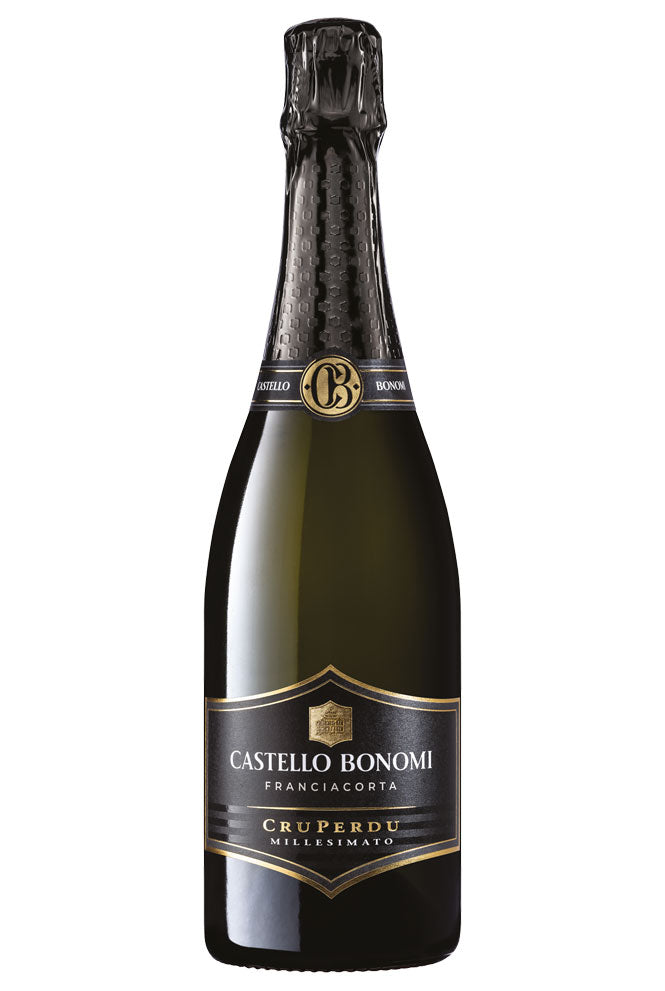
CruPerdu Brut Millesimato - Castello Bonomi
CruPerdu Brut Millesimato is made from selected Chardonnay and Pinot Nero grapes, fermented separately and then blended for over 3...
SHOP NOW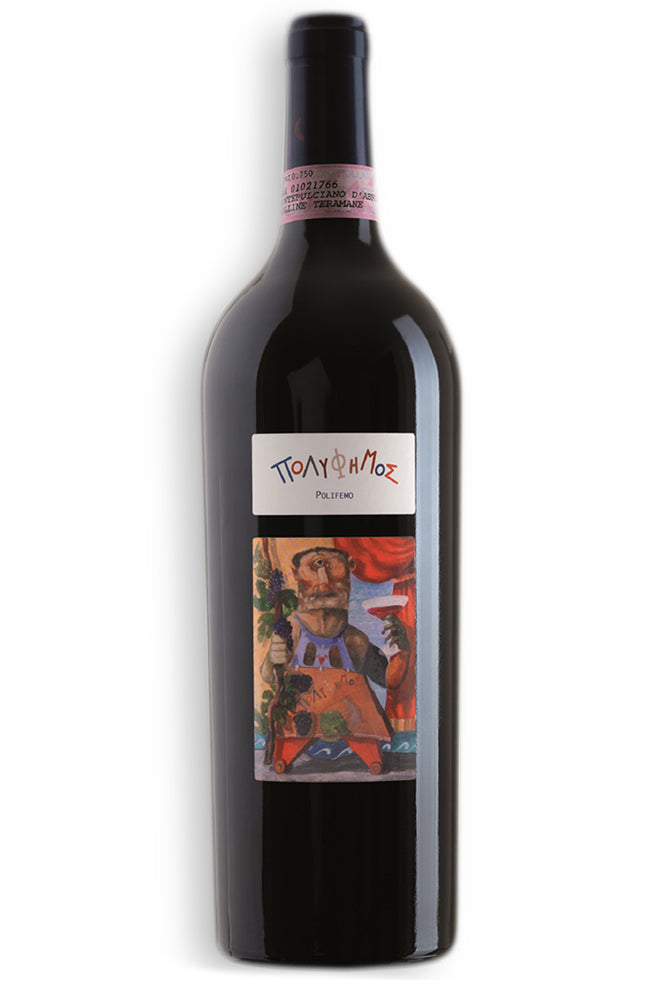
Polifemo Colline Teramane montepulciano d’Abruzzo DOCG
A bold, full-bodied wine from the heart of Abruzzo, crafted from 100% Montepulciano grapes. With deep, rich flavors of dark...
SHOP NOW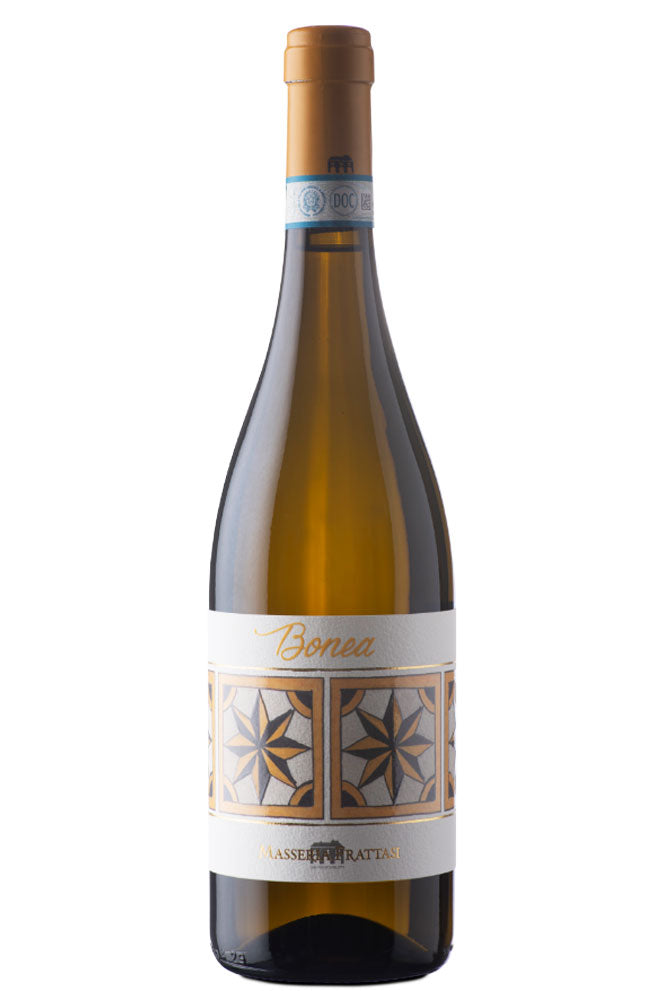
Falanghina Bonea
From the oldest vineyard of the company, a cru, a single plot on volcanic soil, the scent of pear and...
SHOP NOW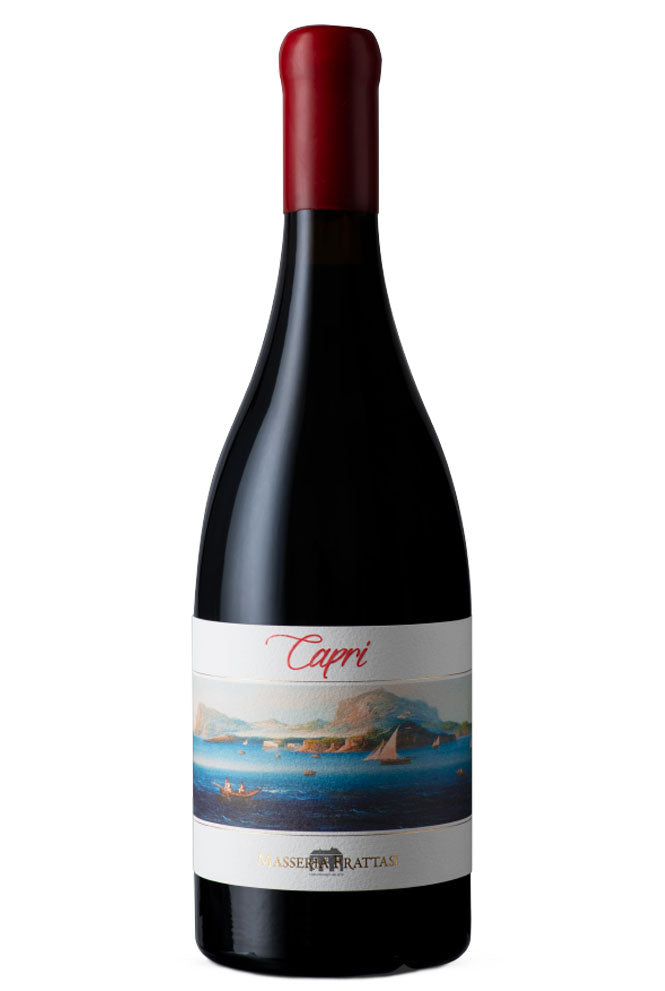
Capri
From a Prefillossera vineyard, in via Migliara, on the hills of Anacapri, vinification and refinement on the island, it is...
SHOP NOW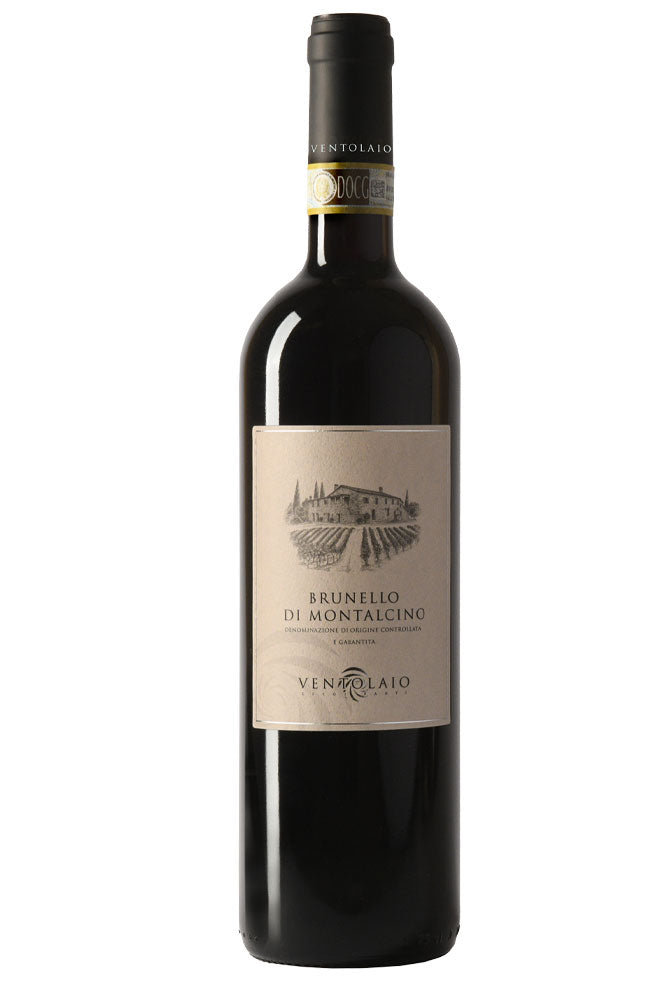
Brunello Di Montalcino
This exceptional wine is a pure expression of Sangiovese grapes grown at an altitude of 400 meters above sea level,...
SHOP NOWDalibrà
Dalibrà
Zaccagnini
Fattoria Svetoni
Cantine Benedetti
Benedetti Amarone Della Valpolicella Classico Croce del Gal Riserva 2012
Ca Brusa
Villa San Carlo
Villa San Carlo
Casa Paladin
La Madeleine
La Madeleine
La Madeleine
Ventolaio
Fattoria Montepescini
White Wines
Explore our Range of Exquisite White Wines Crafted to Impress Any Wine Enthusiast.
Fattoria Svetoni
Cantine Pellegrino
Casa Paladin
Cantine Pellegrino
Cantine Pellegrino
Cantine Fina
Masseria Frattasi
Masseria Frattasi
Lanciola
Vite Colte
Nesci
Cantine Fina
Cantine Fina
